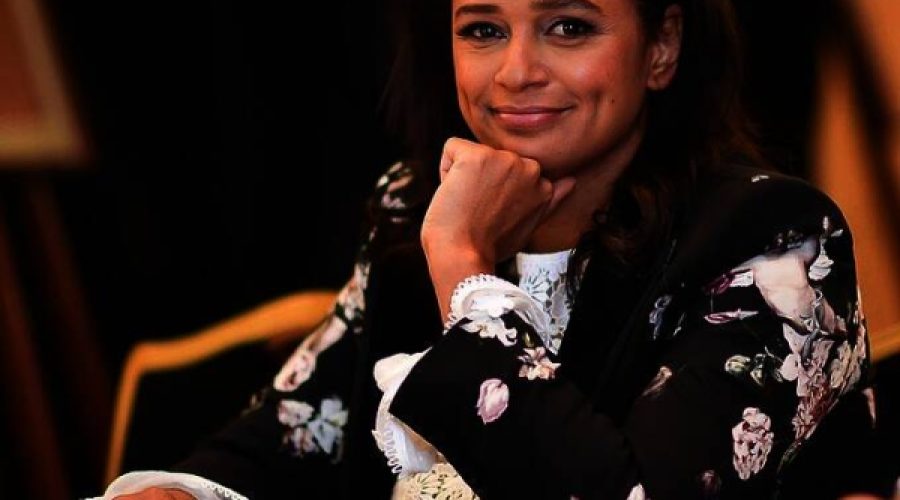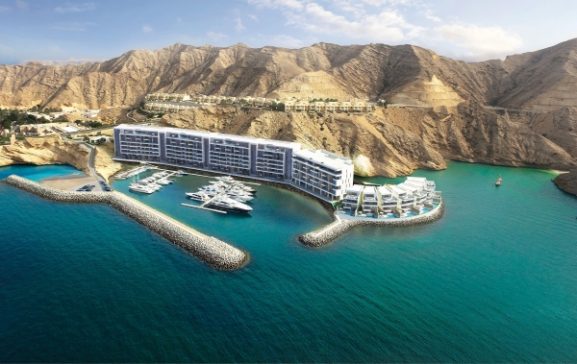UK Sanctions Isabel dos Santos: Implications for Investors and Businesses in Angola
LONDON: On Thursday, the UK government imposed sanctions on Isabel dos Santos, a billionaire businesswoman and the daughter of Angola’s former president, as part of a broader anti-corruption initiative.
The sanctions also target Dmytro Firtash, a wealthy Ukrainian with ties to the Kremlin, and Aivars Lembergs, one of Latvia’s richest individuals, who faces accusations of using his political influence for bribery and money laundering, according to a statement from the Foreign Ministry.
All three individuals will be subject to travel bans and asset freezes, labeled "three infamous kleptocrats" and accused of "stealing their countries’ wealth for personal gain."
The Ministry characterized dos Santos as having "systematically abused her positions at state-run companies to embezzle at least £350 million ($443 million)," thereby depriving Angola of essential resources and funding for development. Globally recognized as Africa’s richest woman, she is currently sought by Angolan authorities investigating alleged misconduct in the management of the national oil company, Sonangol, between 2016 and 2017. Her father, Jose Eduardo dos Santos, who passed away in 2022, ruled Angola for 38 years until 2017.
In 2021, dos Santos was sanctioned by the United States for her "involvement in significant corruption" and is currently barred from entering the country.
Firtash, who was once aligned with ousted pro-Russian president Viktor Yanukovych, is currently in Austria, contesting extradition to the U.S. on charges of bribery and racketeering. In June 2021, Ukrainian President Volodymyr Zelensky enacted sanctions against him, which included asset freezes and the revocation of business licenses, accusing him of supplying titanium products to Russian military firms.
The UK government’s statement highlighted Firtash’s alleged extraction of hundreds of millions of pounds from Ukraine through corruption and control of gas distribution, noting he has concealed tens of millions in the UK property market.
Additional sanctions will be placed on his wife, Lada Firtash, and Denis Gorbunenko, a financial “fixer” based in the UK.
Lembergs, a former mayor, has faced multiple charges including extortion, document forgery, money laundering, and abuse of office, with a Riga court in 2021 finding him guilty on 19 counts. His daughter, Liga Lemberga, will also face sanctions.
These measures are part of the ongoing implementation of 2021 anti-corruption sanctions legislation initiated by the previous Conservative administration.
Foreign Secretary David Lammy, a member of the newly elected Labour government, stated, "These unscrupulous individuals selfishly deprive their fellow citizens of much-needed funding for education, healthcare, and infrastructure for their own enrichment." He added, "I committed to taking on kleptocrats and the dirty money that empowers them when I became Foreign Secretary… The tide is turning. The golden age of money laundering is over."
Previously, the Conservative government under Boris Johnson had introduced the first sanctions under its global anti-corruption regime in 2021. Following Brexit, the UK has moved away from the European Union’s sanctions framework to establish its own policy aimed at preventing the country from becoming a safe haven for illicit funds and money laundering.
Special Analysis by Omanet | Navigate Oman’s Market
The recent UK sanctions on high-profile kleptocrats highlight the global commitment to combating corruption, which could reshape business environments in regions with similar challenges, including Oman. For businesses here, this presents a significant opportunity to enhance transparency and ethical practices, potentially attracting international partnerships and investments. Smart investors and entrepreneurs should closely monitor these global trends, positioning themselves as leaders in corporate governance to leverage the shift towards more accountable markets.



